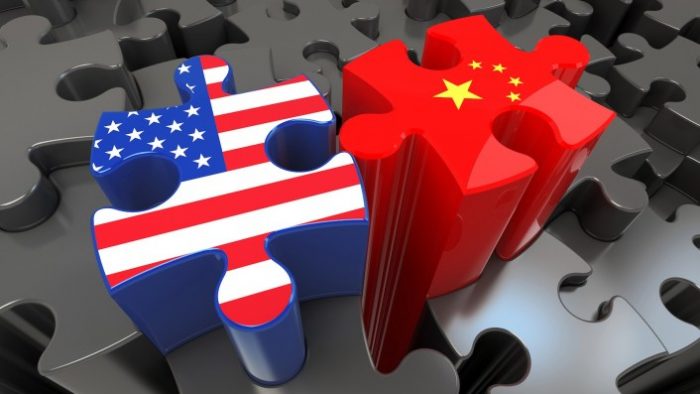China is losing popularity among US firms both as a source of supply and as a market due to the country’s unwavering zero-Covid policy, as well as geopolitical tensions, the American Chamber of Commerce said on Tuesday.
“We’re very concerned about the ongoing and future investment by US and other foreign companies into China because people can’t get access in terms of travel,” said Michael Hart, president of the American Chamber of Commerce in China, at the launch of the chamber’s annual white paper.
China is already falling in preference among US firms, and if Covid curbs continue, US investment in China will “most likely decline” three, four, five years from now, Hart said.
A flash survey released by the chamber last week showed that 51% of members have either delayed or decreased investments in China, up from 14% from a survey released in March.
“Obviously Covid has had a negative impact on travel all around the world, but to impose strong barriers at the regulatory level with an uncertain termination date has an adverse impact on business sentiment,” said Lester Ross, chair of the chamber’s policy committee, who has not been able to return to his office in China since March due to Covid restrictions.
China has strictly limited travel into the country and enforced a zero-Covid policy to prevent the country’s health system from being overwhelmed while many other countries have chosen to live with the virus.
Shanghai, an epicentre of the latest outbreak now in its third month into Covid curbs, still has 1 million residents constrained to their houses, and has only recently recovered 20% of its auto production capacity.
The chamber’s flash survey released last week showed 58% of members had decreased their revenue projections for the year.
ALSO SEE: China Tech Stocks Soar as Xi Aide Set to Meet Sector Giants
‘China Plus One’
Besides Covid curbs, geopolitical tensions and particularly China’s close ties with Russia have also added uncertainty to US investment in China, Ross noted.
“US companies… not only those in industries in some relation to national defence or national security… are concerned that the tensions could escalate and as a result of that it may be politically difficult in terms of shareholder sentiment, public sentiment, as well government action in the home country to do business in China,” he noted, citing the exodus of US and European companies from Russia due to sanctions as an example of risks.
While very few of the chamber’s members say they will immediately move their operations outside of China, most of them have indicated plans to find other sources for their product, Hart said.
The chamber’s business climate survey report released in March showed 83% of their members had no plans to leave China, and there has been no update to the data.
“For a long time people talked about China Plus One – to have an additional area to source product. That has become much more real for many companies given the current lockdown,” he said.
‘Friendshoring’ the new buzzword
Many firms that had desired to invest in China due to the strength of its workforce and logistics are now shifting to countries such as Vietnam, India and Mexico, he noted.
To echo Hart’s point, Ross noted that the term “friendshore” – which refers to firms shifting their supply chain to countries that are perceived to be friendlier to the US – has become a buzzword in US business circles.
Besides Covid-19 lockdowns, market access restrictions, discriminatory regulations and intrusive cybersecurity requirements are also among the main concerns of US businesses, according to the chamber’s white paper.
The AmCham spokespeople urged the US and Chinese governments to reduce each others’ tariffs, and share technologies and labour “where it is possible,” saying it will benefit the global economy.
• By Iris Hong
ALSO on AF:
Asian Shares Boosted by Signs China is Winning Covid Fight
Zhongliang Gets Nod to Swap Most 2022 Bonds to New Notes
China State Planner Vows Support to Small Firms Amid Slowdown
























